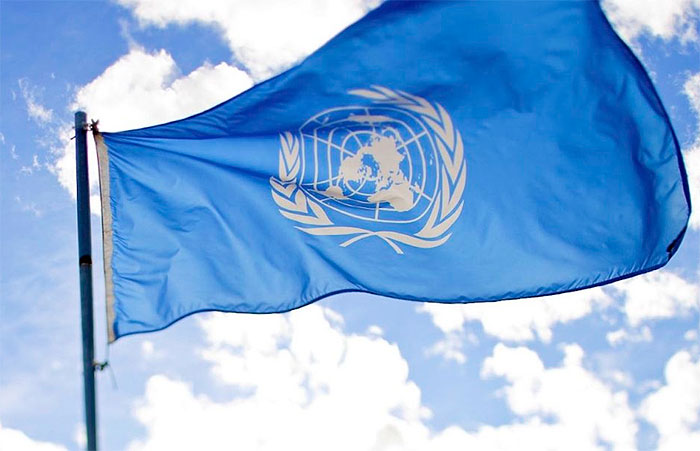- The United Nations’ decision to relocate three of its major global headquarters to Nairobi by 2026 marks a historic moment for Kenya.
- This is a rare kind of recognition—one that could cement Nairobi as the de facto capital of international diplomacy on the African continent.
The United Nations’ decision to relocate three of its major global headquarters—UN Women, United Nations Children's Fund (UNICEF), and United Nations Population Fund (UNFPA)—to Nairobi by 2026 marks a historic moment for Kenya.
It is more than a diplomatic nod. It is a powerful endorsement of the country’s growing relevance in global affairs.
For Kenya, a country long celebrated for its hospitality and stability in a turbulent region, this move could be transformative—but it also demands careful consideration.
On the surface, the benefits seem overwhelming. The relocation will bring at least 800 new UN staff and their families to Nairobi, likely increasing demand for housing, education, transport, and specialized services.
Already, Kenya benefits from being home to two global UN headquarters—United Nations Environment Programme (UNEP) and UN-Habitat—which together contribute hundreds of millions to the economy annually.
Read More
By hosting five, Nairobi joins the elite group of cities like New York, Geneva, and Vienna that shape the direction of multilateral diplomacy.
The economic ripple effects will likely be massive. Real estate developers are already salivating over prospects in Gigiri, Runda, and Muthaiga. Schools that cater to expatriate families will thrive.
Logistics and hospitality sectors stand to gain from the uptick in conferences, missions, and long-term international visitors. Moreover, the symbolic boost to Kenya’s soft power is immense.
This is a rare kind of recognition—one that could cement Nairobi as the de facto capital of international diplomacy on the African continent.
However, the picture is not entirely rosy. With opportunity comes pressure. The influx of high-earning expatriates may push up the cost of living in already expensive neighborhoods.
If urban planning does not keep pace, traffic congestion, strained utilities, and social inequality could deepen.
There’s also the risk of Nairobi becoming a city of two realities—one polished and primed for the international elite, and another where local residents are priced out or sidelined.
Then there’s the governance question. Will Kenya be able to manage the massive infrastructural investment and security demands that come with hosting more UN bodies?
The $340 million upgrade to the Gigiri complex and the new 9,000-seat UN Assembly Hall are ambitious—but they must be matched by transparency, accountability, and meaningful engagement with local communities.
The presence of the UN must not become another island of privilege in a sea of unmet domestic needs.
Additionally, Kenya will need to position itself not just as a host, but as an active participant in the global issues these agencies address—gender equality, child welfare, and reproductive health.
That means aligning local policies, education, and civil society engagement with the international mandates these agencies represent. Hosting them is one thing. Learning from them—and integrating their work into national development—is quite another.
Still, despite the challenges, this is a moment Kenya should embrace with both pride and caution. The UN’s faith in Nairobi reflects decades of diplomatic groundwork and regional leadership.
But success will depend on how we manage the expectations, the opportunities, and the risks that come with this global spotlight.
Kenya is no stranger to rising to the occasion. But in welcoming the world, we must ensure we are not just a venue, but a voice. One that shapes the future of global governance—not from the sidelines, but from the center.



-1772102940-md.jpg)


-1772090413-1772095461-md.jpg)
-1772094026-md.jpg)

-1772102940-sm.jpg)


-1772090413-1772095461-sm.jpg)